Wu Wei Examples To Help You Achieve Effortless Action

Wu wei examples in real life are easy to find. But before we look at them, we must know what wu wei means.
The term is a Chinese philosophical expression coined by Lao Tzu, an ancient sage who introduced it in his renowned book, the Tao Te Ching, written 2,500 years ago.
Wu wei is often translated as “doing nothing,” but this interpretation is misleading. Instead, it refers to the underlying principle that governs all existence, commonly referred to as the law of the universe. Therefore, wu wei emphasizes doing things in harmony with the natural flow of life, rather than trying to force things to happen.
By recognizing and following the natural rhythm of things, we can tap into the power of nature to achieve our goals more effectively. Wu wei emphasizes a non-striving approach to life, where things happen effortlessly and organically. So, the next time you observe the natural world, try to notice how it moves with effortless ease, and consider how you can apply this principle to things you do in life.
Breathing is a great example of wu wei in action. When we breathe naturally, we go with the rhythm of nature and allow the body to function optimally. However, if we try to force our breathing, we end up feeling dizzy and the quality of our breath suffers.
Similarly, there is a natural rhythm in everything we do, whether it’s walking, singing, or cooking a meal. By going with the flow of nature, we can accomplish tasks effortlessly and with ease. So, the next time you find yourself struggling with a task, take a step back and observe the natural rhythm of things. You may find that by going with the flow, you can accomplish more with less effort.
In everything we do, there is an optimal point of effort exertion that we must strive to achieve. If we don’t exert enough effort, nothing will move forward. However, if we work too hard, we will reach a point of diminishing returns. Just like breathing, there is a sweet spot of energy exertion. If we want to achieve optimal results, we must put in just the right amount of effort – not too much, not too little.
While this theory is easy to understand, it’s often challenging to put it into practice. Many of us tend to work too hard, especially when it comes to things that matter to us. We become so invested in our work that we end up feeling stressed and anxious. Unfortunately, all the hard work doesn’t always pay off.
To find the sweet spot of effort exertion, we must learn to observe the natural flow of things and work in harmony with it. This requires us to let go of the need to control everything and allow ourselves to be guided by the rhythm of life. By doing so, we can accomplish our goals more effectively and without the unnecessary stress and anxiety that comes with overexertion.
Achieving the state of wu wei may require us to go through a process of “you wei”, which means doing something intentionally. It is in contrast to wu wei, which means doing nothing. To understand the concept of wu wei, we must first be willing to embrace this process of hight intent.
Imagine you are learning how to ride a bicycle. At first, you may struggle to find the right rhythm and balance. This is normal, as you are still developing the necessary skills and competencies. In the state of “you wei”, you are intentional in your efforts and ready to accept the awkwardness that comes with learning something new.
As you continue to practice and master the necessary skills, you will eventually reach a state of ease and calmness that is characteristic of wu wei. You will no longer struggle to balance the bicycle or find the right rhythm, as it will come naturally to you. This state of ease and flow is the ultimate goal of wu wei and can be applied to all areas of life, not just riding a bicycle. By embracing the process of “you wei” and mastering the necessary skills, we can achieve the state of effortless action and harmony with the natural flow of life known as wu wei.
“The Tao never does,
Yet through it everything is done.
If princes and dukes can keep the Tao,
the world will of its own accord be reformed.
When reformed and rising to action,
Let it be restrained by the Nameless pristine simplicity.
The Nameless pristine simplicity
Is stripped of desire (for contention).
By stripping of desire quiescence is achieved,
And the world arrives at peace of its own accord.”
Thanks to Tejvan Pettinger for the picture.


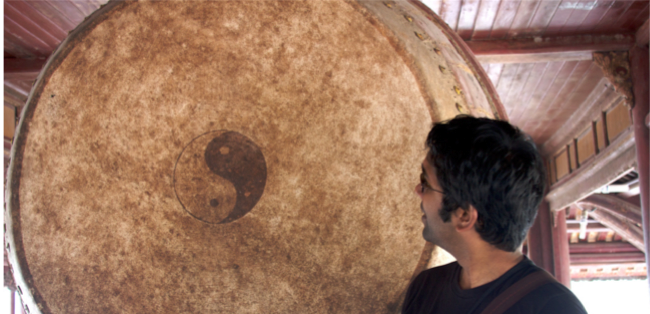
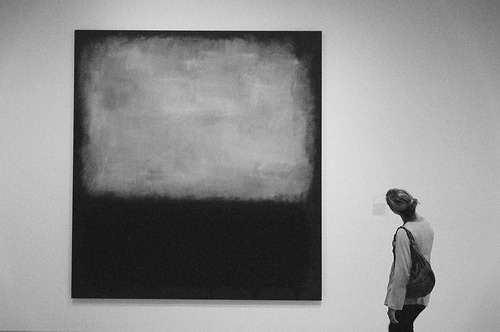
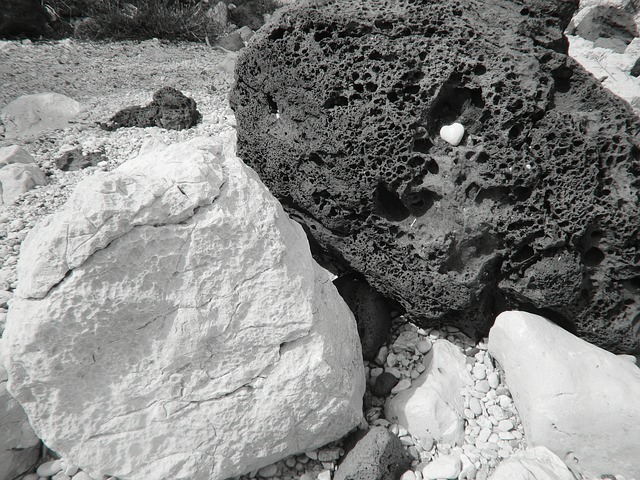
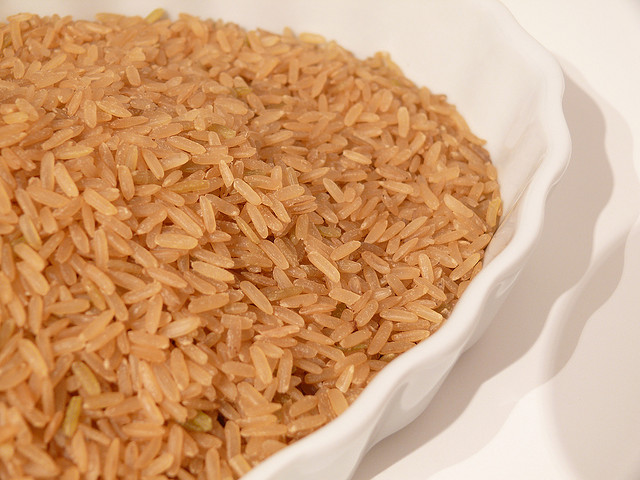
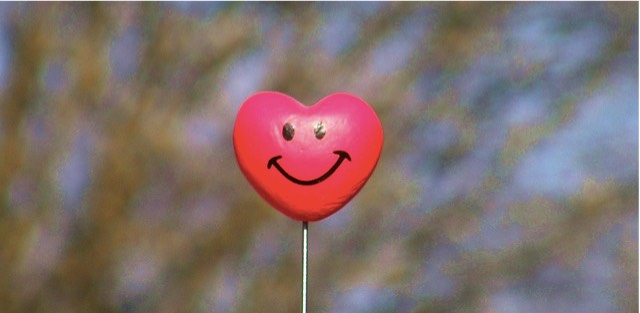
Thank you for this marvelously succinct exposition. I needed to know how you-wei and wu-wei relate to each other in my practice. You answered this for me. Is this 为 the Chinese word for “intent” that you are using?
Thanks, John. 为 has a few meanings. In the context of wu wei and you wei, it can be seen as doing or intent, and they can lead to pretty different interpretations. In the case of wu wei, for example, it will mean non-doing (using the meaning of doing) or without desire (using the meaning of intent). I hope it helps.
Wei wu wei is nothing more or less than to actively identify what you are doing and then to stop doing it. It is not that nothing is being done – rather that it is not ‘you’ who is doing it. So what you’re doing is ‘non-doing’ – actively dropping all activity that identifies ‘you’. When everything you’re doing is gone – you are gone as well. So everything that is being done – it is not being done by you. Because you are not there anymore. This is wu wei.
Very interesting way to look at wu wei. Thank you very much, Bob.